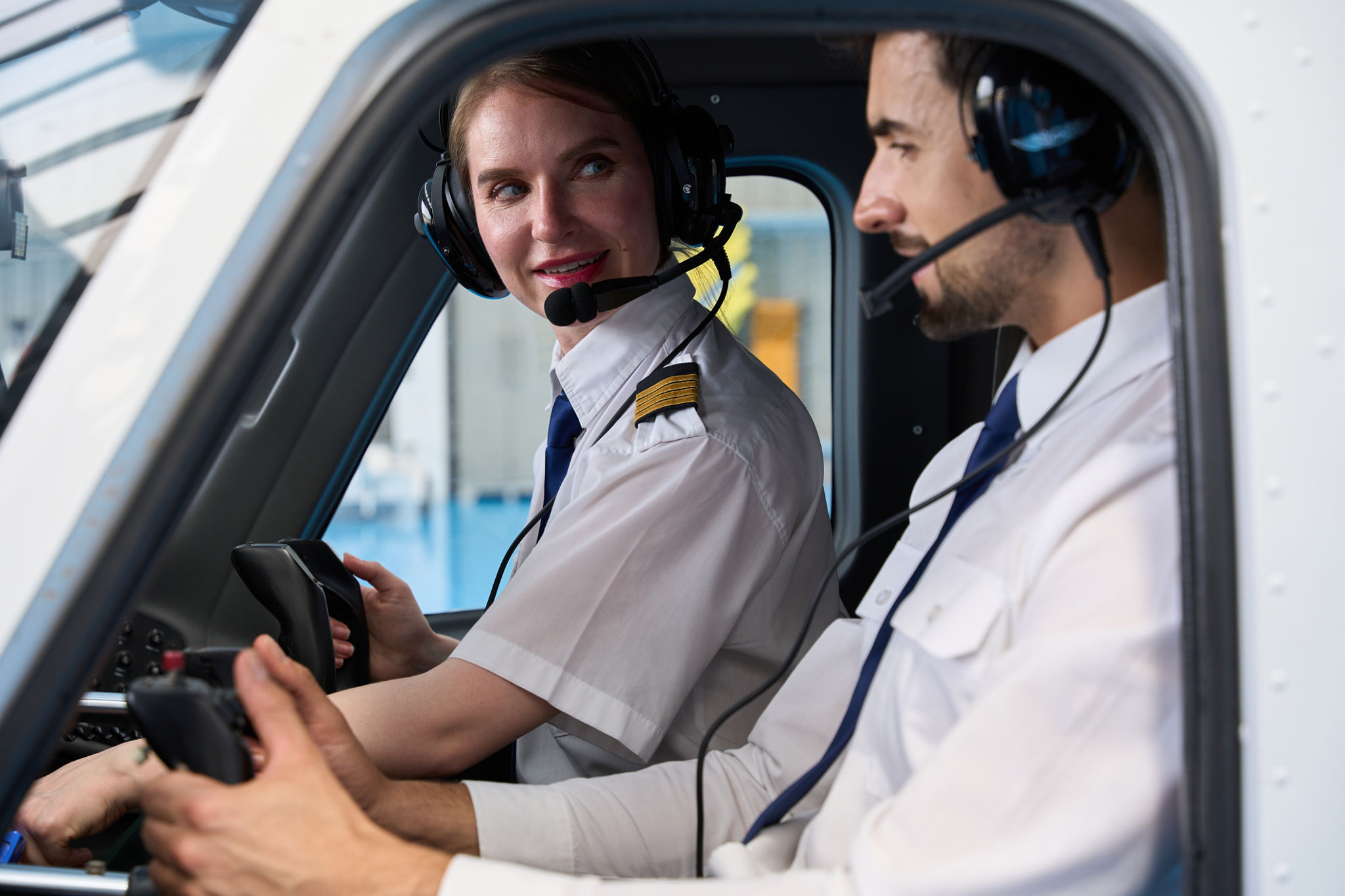How to Choose the Right Flight Training Center
Understanding Your Flight Training Goals
Choosing the right flight training center is a critical step in achieving your aviation dreams. Whether you're aiming to become a commercial pilot or simply looking to fly recreationally, identifying your flight training goals is the first essential step. Are you interested in a specific type of aircraft, or do you have a timeline for when you want to complete your training? By clarifying your objectives, you'll be better positioned to find a training center that aligns with your aspirations.

Researching Flight Training Centers
Once you have a clear understanding of your goals, it's time to research potential flight training centers. Start by compiling a list of centers in your desired location. You can use online resources, aviation forums, and recommendations from current pilots to identify reputable options. Look for centers that have a good safety record, experienced instructors, and positive reviews from past students.
Evaluating the Curriculum and Training Programs
The curriculum and training programs offered by a flight training center can vary significantly. It's important to evaluate whether the programs align with your goals. Consider factors such as the types of aircraft used for training, availability of simulator sessions, and the structure of the courses. Some centers offer accelerated programs, while others may provide more flexibility with part-time options.

Assessing Instructor Qualifications
The quality of instruction is vital to your success as a pilot. Research the qualifications and experience of the instructors at each center. Instructors should be certified and have ample flying experience. It's beneficial to have instructors who are not only skilled pilots but also effective teachers who can adapt their teaching methods to fit different learning styles.
Inspecting Facilities and Equipment
A visit to the training center can provide valuable insights into the facilities and equipment available. Check for well-maintained aircraft and modern simulators, as these are crucial for effective learning. The condition of the facilities can also reflect the overall quality and professionalism of the training center. A well-equipped center can offer a more comprehensive learning experience.

Considering Costs and Financing Options
Flight training can be a significant financial investment, so it's important to understand the costs involved. Compare the pricing structures of different centers, including tuition fees, material costs, and any additional expenses. Some centers may offer financing options or scholarships, which can help make training more affordable. Be sure to inquire about any hidden fees that could arise during the course.
Seeking Student Feedback and Success Rates
One of the best ways to gauge the effectiveness of a flight training center is through feedback from past students. Look for testimonials or reach out to alumni networks to learn about their experiences. Additionally, consider the center's success rates in terms of students passing their exams and obtaining their pilot licenses. High success rates can be an indicator of quality education and training.
Making Your Final Decision
After gathering all necessary information, take your time to compare your options and weigh the pros and cons of each flight training center. Consider how well each center meets your personal goals, budget, and learning preferences. Making an informed decision will set you on the right path towards a fulfilling career in aviation or achieving your personal flying ambitions.
